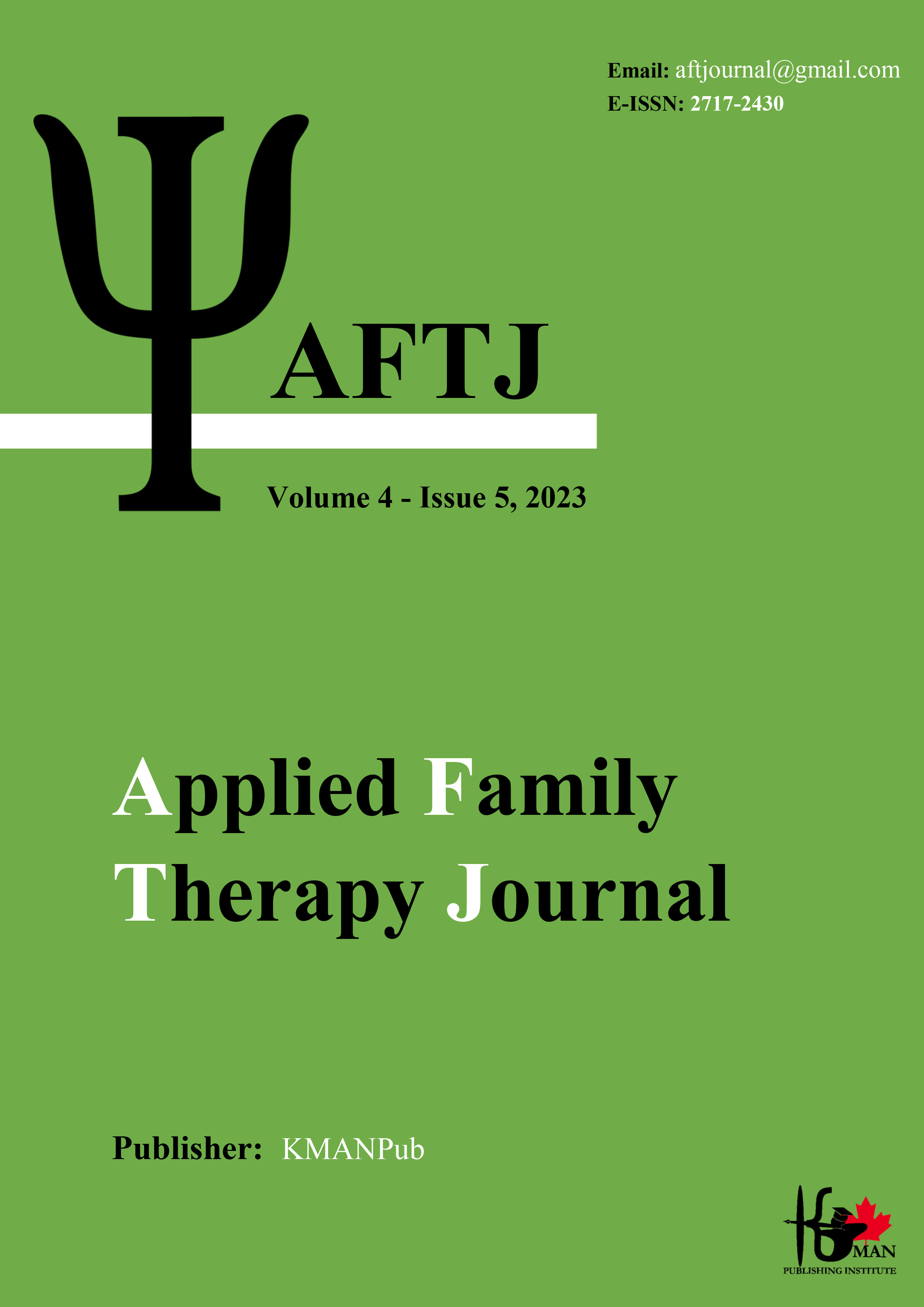Presenting the quality of life model related to the health of patients with type 2 diabetes based on disease perception, BMI and demographic characteristics with the mediating role of self-care behaviors
Keywords:
Health-related quality of life, type 2 diabetes, disease perception, BMI, demographic characteristics, self-care behaviorsAbstract
Aim: The aim of this study was to provide a health-related quality of life model for patients with type 2 diabetes based on disease perception, BMI and demographic characteristics with the mediating role of self-care behaviors. Method: The research method was descriptive-correlation type. The statistical population of the research was type 2 diabetes patients who had visited the hospitals of Tankabon and Ramsar. The sample of the study was 350 patients with type 2 diabetes who were selected by available sampling method. Data were collected using health-related quality of life questionnaires (Baroghs et al., 2004), disease perception (Weinman et al., 1996), self-care behaviors (Tobert et al., 2000), body mass index, and demographic characteristics questionnaire. Data analysis was done by structural equation modeling method. Results: The findings showed that the structural model of the health-related quality of life of patients with type 2 diabetes based on disease perception, BMI and demographic characteristics (age, education level, age of disease onset, duration of disease) with the mediating role of self-care behaviors fits with experimental data. Conclusion: Therefore, since the quality of life is considered an important health outcome, it is necessary to consider it as a main issue in the care of different patients, including patients with diabetes.
Downloads
Downloads
Published
Issue
Section
License

This work is licensed under a Creative Commons Attribution-NonCommercial 4.0 International License.





















